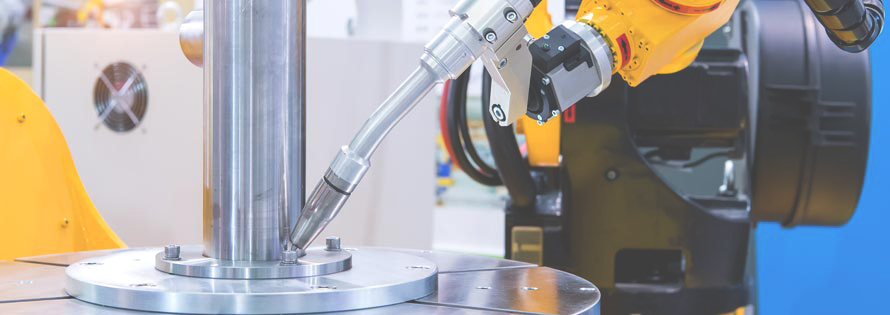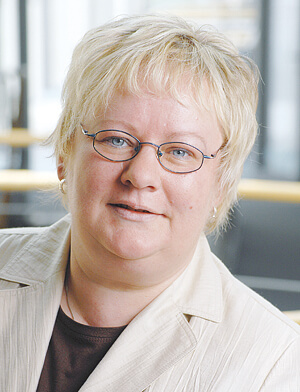Project period: January 2018 - February 2018,
Germany, Baden-Württemberg
Consultants involved: 2
Initial situation
The company produces axle parts in its main plant in North Rhine-Westphalia and a smaller plant in Baden-Württemberg. Production times at the second plant have increased in the past, which has had a negative impact on the cost structure or manufacturing costs and thus also on the profit margin of the product at this location.
REFA-Consulting was commissioned to reassess the processes in the welding shop in terms of time and to determine rationalisation potentials.

Aim of the REFA counselling
Determination of REFA times as a basis for new allowed times and simultaneous determination of rationalisation potentials.
Task
- The time studies are to be carried out on 19 named products - with subassemblies.
- At least 3 time studies are to be conducted per product group and average values are to be formed on their basis. Due to the long duration of the cycles, 10 to 15 repetitions are dispensed with for cost reasons.
- During the analyses and time studies, REFA is supported by a staff member. This should make it possible to record times for 70 - 80 % of the products within 10 days.
REFA approach
Time studies with performance degree assessment
- Process analyses of the employees: Who does what and above all, how?
- By means of activity analyses, the productive and unproductive time fractions of the employees are recorded as a percentage.
Timing of the process steps (at least 3 time studies per process step):
- Possible preparation activities.
- Controls
- Possible post-processing activities
- Material logistics and material transport.
Evaluation of the productive and unproductive time fractions of the employees:
Based on the percentage distribution of productive and unproductive time fractions, proposals for possible new workflows, activities and material flow processes are developed.
Collecting, condensing and evaluating the basic data:
- All recorded data is checked for plausibility as a target/actual comparison.
- Analyses and proposals for implementing the potentials are summarised in writing.
Results of the project
In addition to extensive time studies as a basis for new allowed times, rationalisation potentials were identified at the same time, which are listed here in excerpts.
Potential in setup:
The setup times - in relation to the two production halls - should to be standardised. The welding shop in hall 2 has much longer material and device transport routes.
Improving the workplace:
At times there are 5 - 6 pallets inside the welding boothes with material that is not being processed. Material to be processed, on the other hand, is stored outside the cabin, i.e. the employee has to leave the cabin again and again to fetch material for processing. These travelling times are not included in the allowed time. Only the material that is currently being processed should be in the cabin.
Potential robot welding:
The employee/robot work system contains only one welding device. While the employee loads the device, the robot waits - approx. 12.5 min. By using a second device, the employee can prepare the loading and change the device with parts - approx. 2 min. The waiting time of the robot can therefore be reduced by approx. 10 min per cycle.
Potential Improvement of material flow / handling:
From the planning perspective, it should be examined why many orders lie in the halls for several days - not yet started or half finished. This unnecessarily leads to additional manipulations. - The material is pointlessly rearranged several times.




 Bettina Dirks
Bettina Dirks



